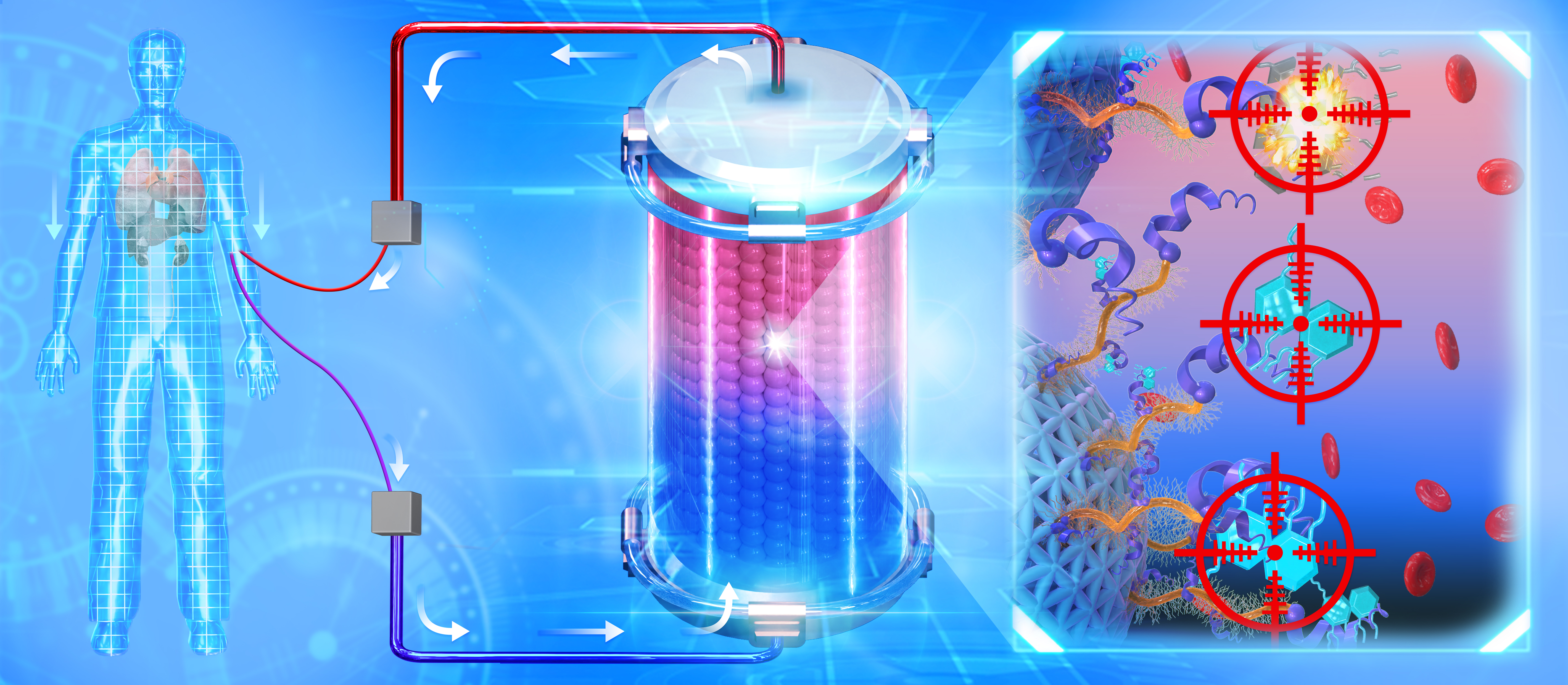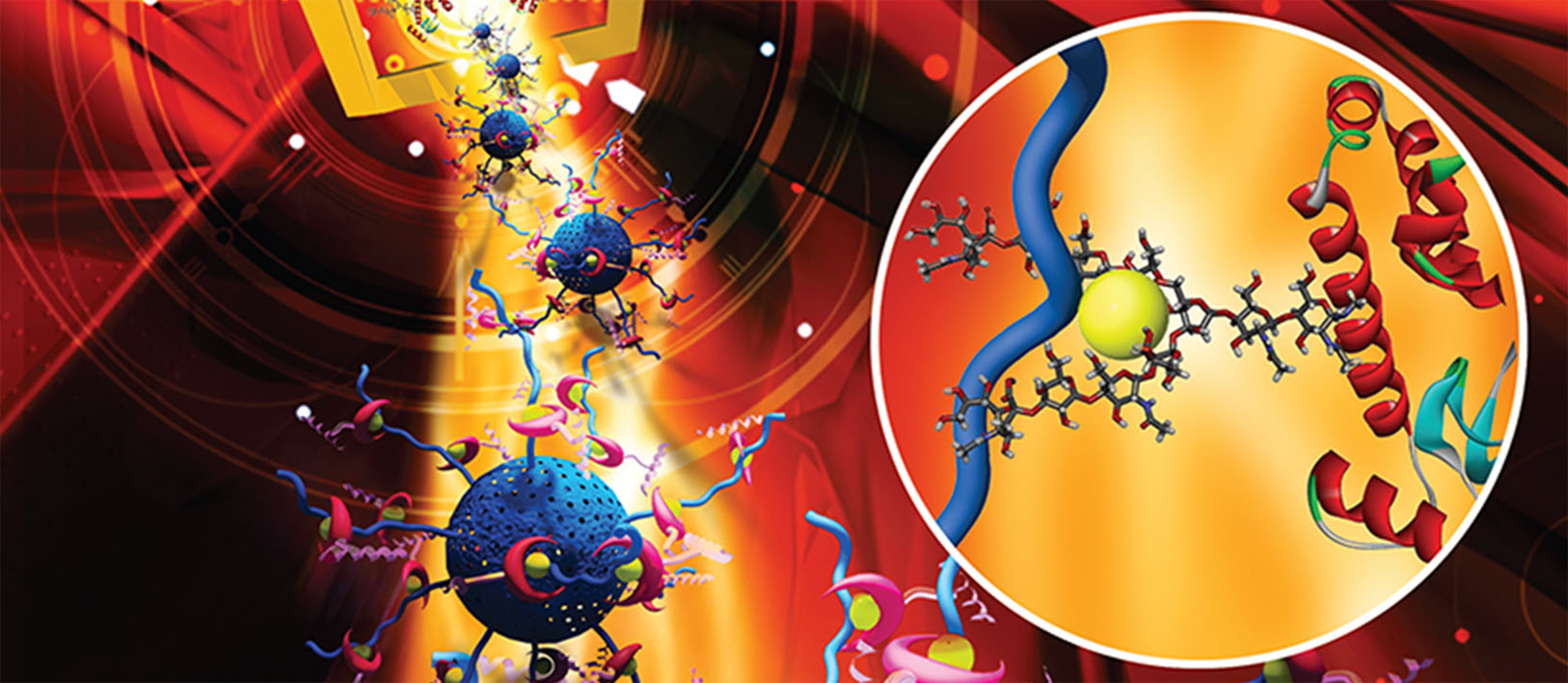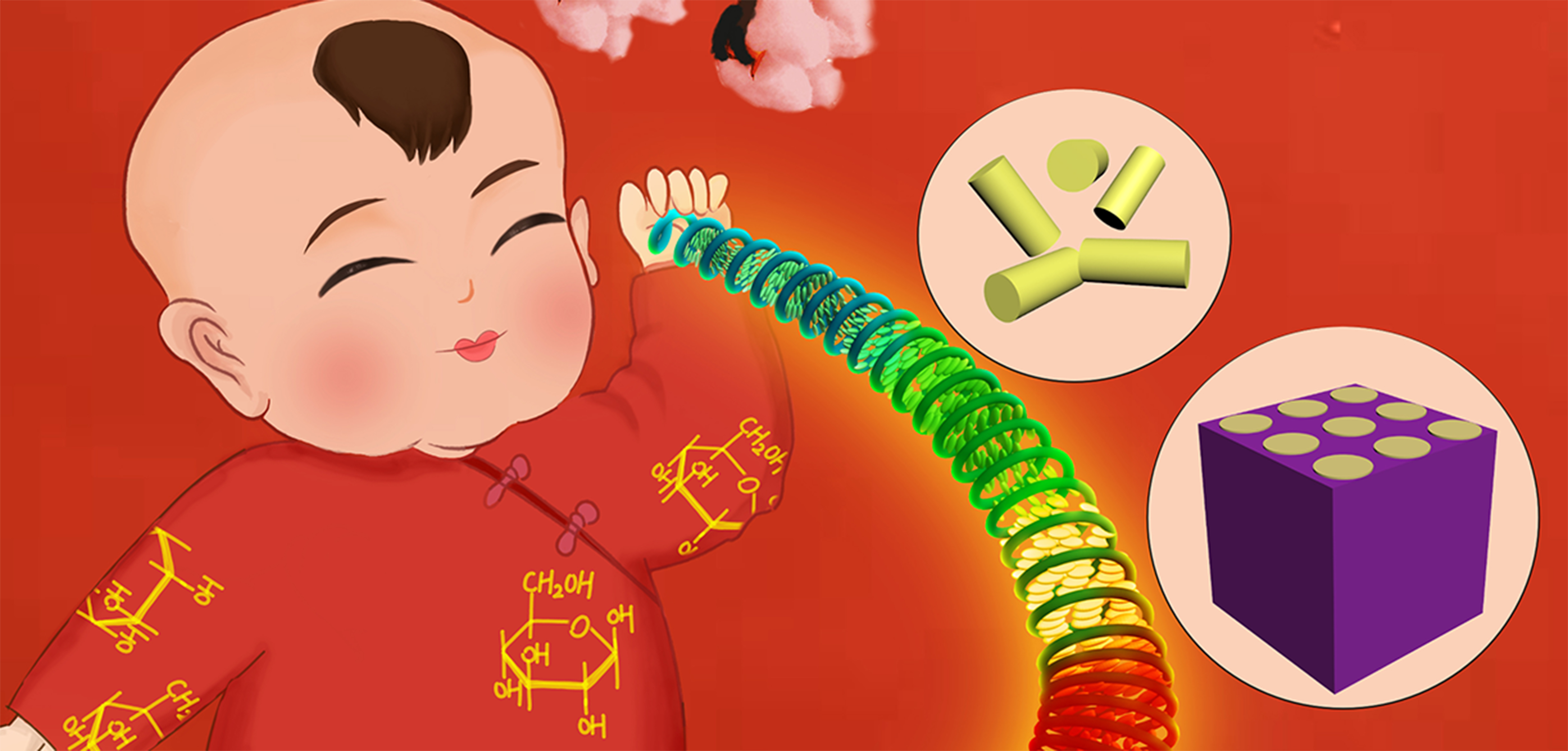Title of funded project:Smart Enrichment Materials for Protein Methylation
Funding agency:National Natural Science Foundation of China
Grant number:21775116
Total funding amount:CNY 650,000
Protein methylation is one of the most common and important post-translational modification types, which plays essential roles in epigenetic regulation. However, owing to the diversity of protein methylation, ultra-low abundance and the inherent complexity of biosamples, it is extremely difficult to capture, analysis and identify the methylation sites at the level of proteomics. Thus, developing high-efficiency enrichment materials and corresponding methods capable of capturing various types of methylated peptides is highly urgent, which could not be resolved by artificial materials by far. In this project, we innovatively introduce the design idea of biomolecule-responsive polymer to tackle the challenges of methylated peptide enrichment and separation. By mimicking the peptide sequences and the unique conformation of binding domains in methylation site-specific binding proteins, the optimized oligopeptide sequences could be designed for recognizing the methylation sites precisely. In addition, these oligopeptides would be copolymerized with diverse functional monomers to prepare smart polymer-based enrichment materials. Then dynamic adsorption or desorption behaviours of methylated peptides on these smart polymer surfaces could be modulated by various chromatographic conditions, such as solvent polarity, solution pH, temperature or ionic strength. Based on these researches, the optimized enrichment methodology could be built reasonably, and the enrichment efficiency of our materials towards methylated peptides will be evaluated in model histone protein, cell and tissue samples. The remarkable advantages of smart polymers in high binding affinity, satisfactory selectivity, good controllability, easy elution and expandable material platform, provide a new insight for the development of methylated peptide enrichment materials.







